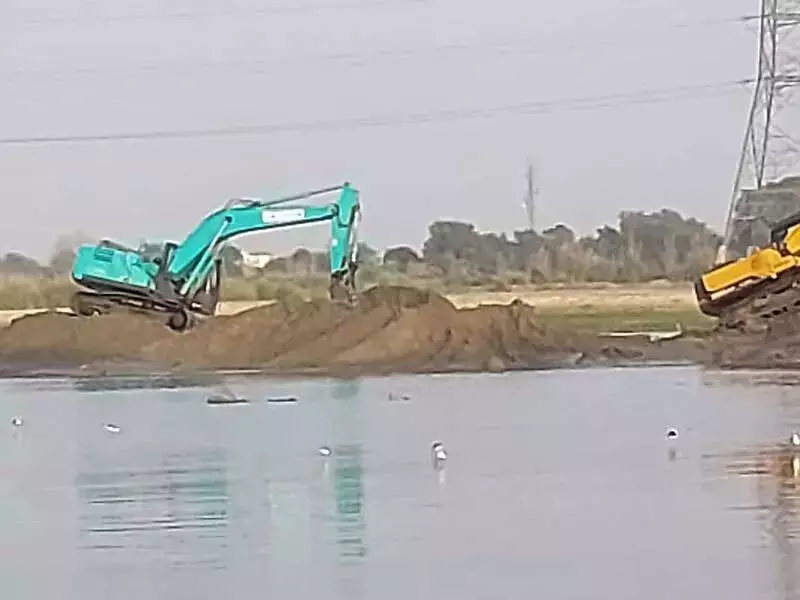
In a dramatic legal development that has exposed significant flaws in law enforcement procedures, the Goa Bench of the Bombay High Court has acquitted a man accused of illegal sand mining due to critical procedural errors by the police.
The Case That Crumbled Over Technicalities
Raju Mangaonkar, facing charges of illegal sand extraction, has been granted relief by the court after it was revealed that investigating officers committed fundamental mistakes in handling the evidence. The case centered around the alleged illegal transportation of sand without valid permits.
Where Police Went Wrong
The prosecution's case collapsed when the court examined the seizure procedure. Critical flaws identified included:
- Failure to prepare the seizure panchnama at the spot where the vehicle was intercepted
- Lack of proper documentation during the evidence collection process
- Procedural violations in handling the seized material
Additional sessions judge Sherin Paul noted that these lapses fundamentally undermined the prosecution's case, making it impossible to establish the charges beyond reasonable doubt.
Broader Implications for Environmental Enforcement
This ruling highlights the ongoing challenges in combating illegal sand mining in coastal states like Goa. While environmental laws exist to protect natural resources, their effectiveness depends entirely on proper implementation and adherence to legal procedures by enforcement agencies.
"The case serves as a stark reminder that even when dealing with environmental crimes, the rule of law must be followed meticulously by authorities," observed a legal expert familiar with the matter.
The Bigger Picture
Illegal sand mining remains a persistent problem across India, with environmental activists expressing concern that procedural lapses like these could encourage further violations. The judgment emphasizes the need for better training and stricter protocols for police handling environmental cases.
As Goa continues to battle against unauthorized extraction of its natural resources, this case underscores the importance of building watertight cases that can withstand judicial scrutiny while protecting the state's ecological balance.






